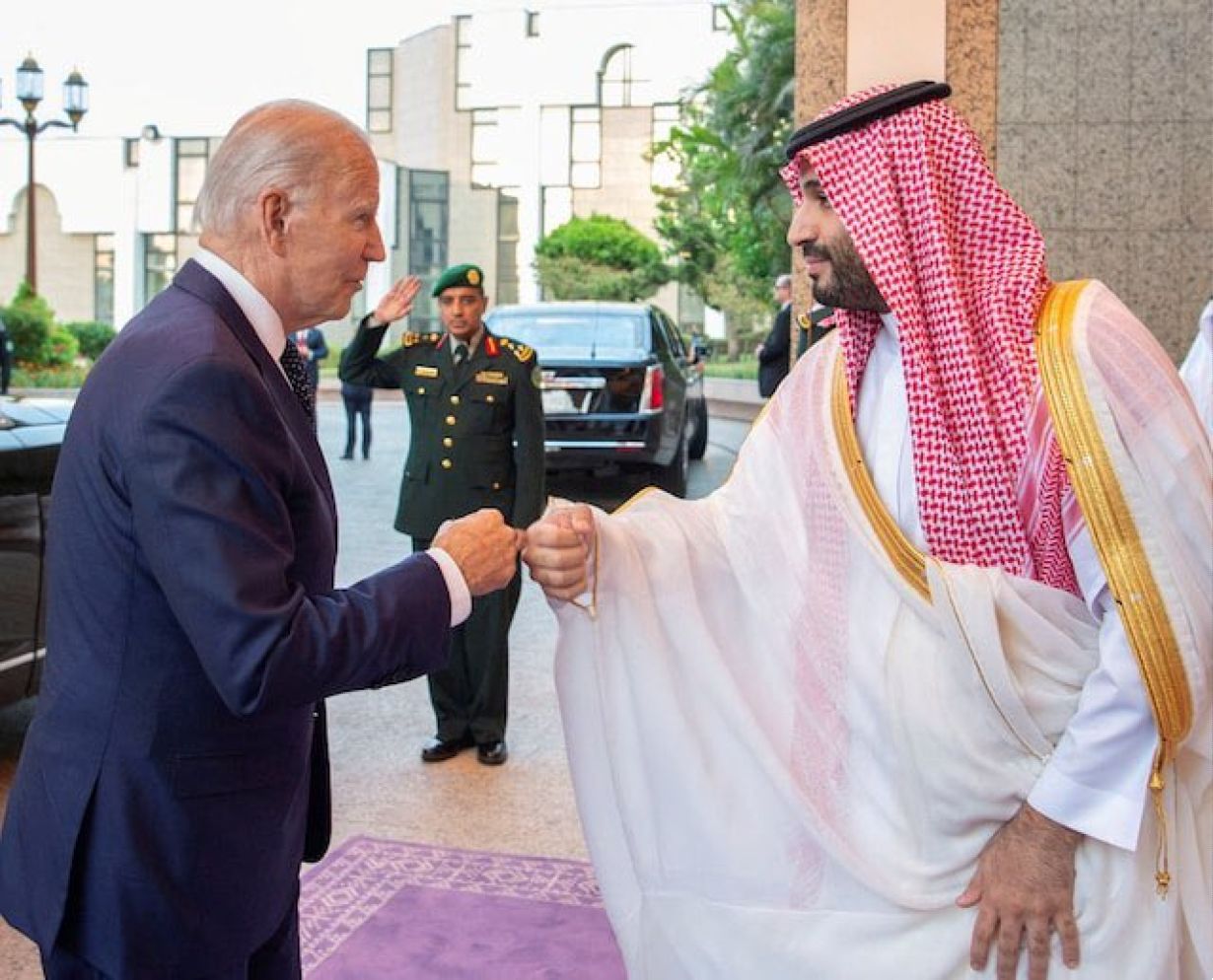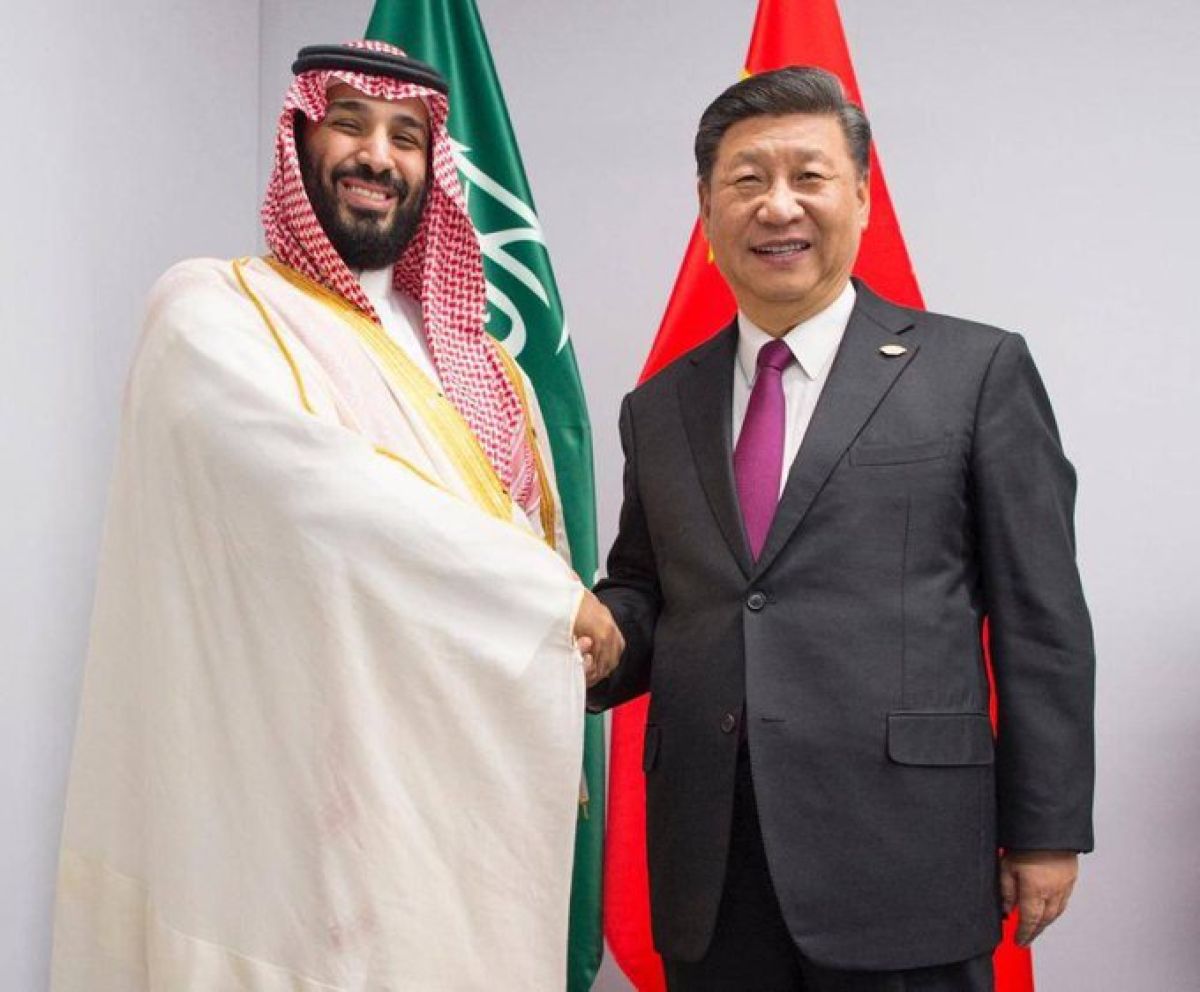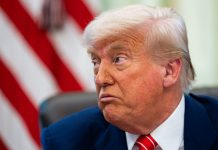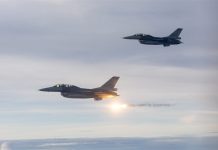Owing to its strategic location and hydrocarbon richness sustaining major global economies, the Gulf region was bound to become an arena of rivalry for the two major powers, the US and China.
For many decades that have been significant in the history of development in the western countries, the US and Europe made the best use of their monopolistic status in the Gulf.
They effectively created their proxies in institutions and organizations. As world leaders, they least imagined somebody challenging them in this critical region. After all, they had not only significantly increased their naval presence in the region, but the US also established the most extensive nuclear base on the island of Diego Garcia in the Indian Ocean overlooking the security of the Gulf.
The emergence of China and its sudden rise as an economic and military power in the Asian continent has surprised the hitherto unchallenged supremacy of the western powers and the US in the Indian Ocean Region (IOR).
It should be noted that China concentrated on modernizing, upgrading, and expanding its naval potential. Primarily, what is of more strategic importance to China is the Indian Ocean —- Taiwan’s relevance is not under question. This is evidenced by the establishment of a Chinese naval presence in Hambantota, Djibouti, and Gwadar ports.
China plans to take up the second phase of Gwadar and has shown interest in the Iranian port of Chabahar on smelling that Iran was hard-bargaining with India. The R&B Initiative complements the ambition of reducing the dependence of the entire Gulf and the West Asian region on the American and European bloc.
Saudi Arabia
Beijing has carefully watched the ebb and eve of Saudi-US relations. Crown Prince Salman is taking long strides to pull the Kingdom out of medieval conservatism.
He is not responding only to the need of the time but also the aspirations of the Saudi youth brought up in the cultural environs of Europe and the US. A sprinkling of nationalism is essential to Prince Salman’s modernity mantra.
The US is not familiar with the modernization process in the Kingdom. It is something new and incredible for it. Therefore, Prince Salman’s shift to modernism and nurturing of Arab nationalism are gall to the American planners.
Trump had once boasted that the Saudi Kingdom would not survive more than two weeks if the US withdrew its support. This social emancipation stance of Prince Salman has led the US and its European partners to a dilemma of sorts.
US-Saudi Strained Relations
China believes that, at least on three counts, the straining of relations between the Saudis and the US is evident. On September 21, the US announced it would remove its advanced missile defense system and the Patriot batteries from Saudi Arabia.
The recurrence of air attacks from Iran-supported Houthi rebels in Yemen had necessitated the air defense system.
Though Saudi Arabia has a well-equipped ground force, its air defense is not what it should be. Withdrawal of the air defense system in the wake of relentless Houthi hostility meant exposing the Saudi Kingdom to a real threat of air attacks on its vital facilities.
An air attack on Saudi Aramco sites is an example. It also meant giving indirect leverage to Iran’s anti-Saudi proxies.

The New York Times of December 2021 reported that Saudi Arabia had purchased ballistic missiles from China. It also disclosed that China had provided technical support to Riyadh to set up an indigenous ballistic missile production unit at a particular spot in the country.
Reports are that there is an agreement between the two countries to transfer a large scale of technology for producing ballistic missiles in Saudi Arabia.
During his press conference, a Chinese official asked whether Beijing had signed an agreement with the Saudi Kingdom to transfer missile production technology.
He replied that China and Saudi Arabia are partners in a comprehensive strategic agreement. He added that the signing of such an agreement did not violate international law, nor did it violate rules of non-proliferation of weapons.
The question is whether the shift in Saudi Arabia’s foreign policy will change regional power dynamics, haunting the US and Israel. European powers and the UAE?
Iran
Iran is foremost among the regional powers to figure prominently in the unfolding political scenario. Beijing has good relations with Iran.
The Maoist axiom that “an enemy’s enemy is a friend” sits well with the connection between China and Iran. Iran has already acquired a potent missile capability – whether from China or North Korea is unclear.
China has made investments in Iran, and its interests in the Persian Gulf are not hidden. China had even offered to engage with Iran and Afghanistan to build a road link between Chabahar and Kabul.

But the most critical factor in China-Iran cordial relations is China’s support for Iran’s nuclear program.
Trump rescinded the 2015 Joint Comprehensive Plan of Action (JCOA) under which Iran had agreed to eliminate its medium-enriched uranium stock, cut its low-enriched uranium stock by 98%, and reduce it by about two-thirds the number of its gas centrifuges for 13 years. For the next 15 years, Iran had agreed to enrich uranium to only up to 3.67%.
Re-imposition of sanctions by the Trump regime brought tremendous pressure on Iran’s economy and financial stability. On the mediation of some of the European Union members, talks on reopening JCOA between the EU and Iran started in Vienna.
However, the Biden administration’s continued hostility towards Iran on the one hand and Iran’s intransigence of covertly supporting terrorist and rebel elements outside Iran (Syria, Yemen, and Lebanon) did not augur well for the success of the Vienna talks. These remain stalled for the time being.
China does not oppose Iran’s nuclear program. It also opposes sanctions against Iran and wants the frozen bank accounts of Iran should be released.
Against this background, the emerging scenario in the Gulf is that China is inching forward in squeezing the space for the US and western countries. China needs to expand its naval power rapidly, and it is doing it by leaps and bounds.
Beijing is nuclearizing subs, adding warships and frigates, streamlining surveillance mechanisms, and increasing the number of carriers. It aspires to a nuclear base in space, trying to understand Australia’s woe and make subtle moves to wean Australia away from the Quad-4.
Conclusion
In the final analysis, we find that China enjoys the leverage of striking a balance in her relations with the two most important States, namely Saudi Arabia and Iran.
China may grab the rare opportunity of bringing about reconciliation between the two. It sounds so bizarre that the two most theistic Islamic states, not seeing eye to eye anymore, will be goaded into mutual tolerance and understanding by an atheist interlocutor.
- Padma Shri KN Pandita is the former Director of the Centre of Central Asian Studies at Kashmir University. Views expressed here are of the author’s.
- Mail EurAsian Times at etdesk(at)eurasiantimes.com
- Follow EurAsian Times on Google News




